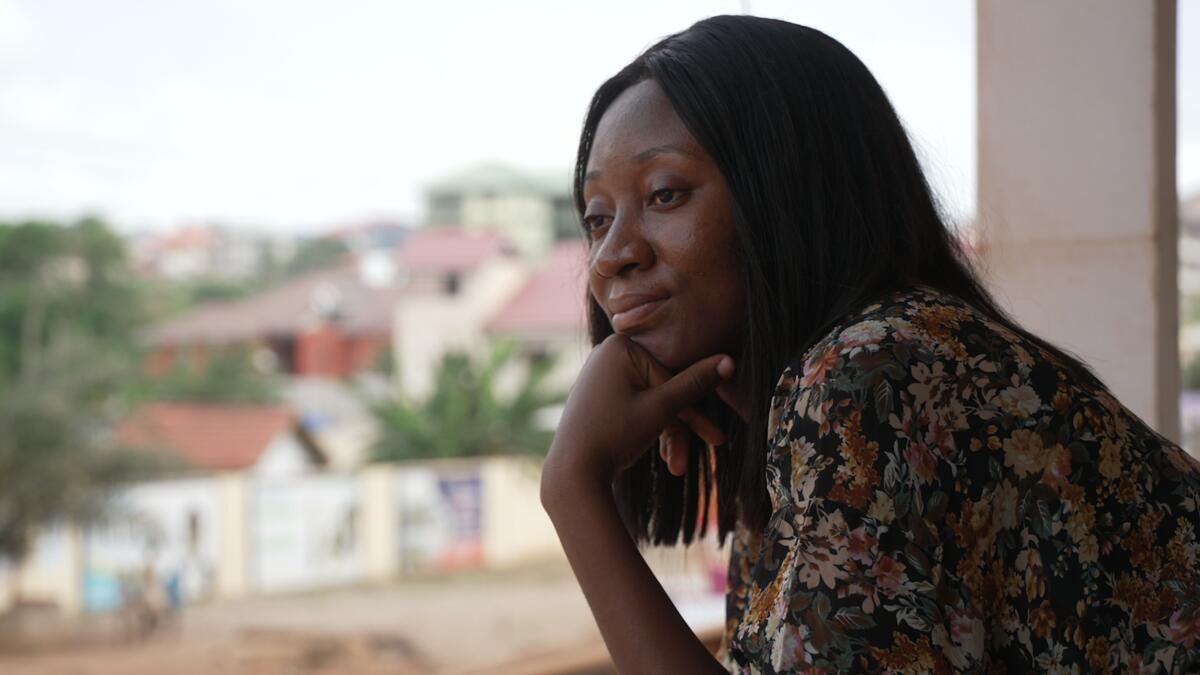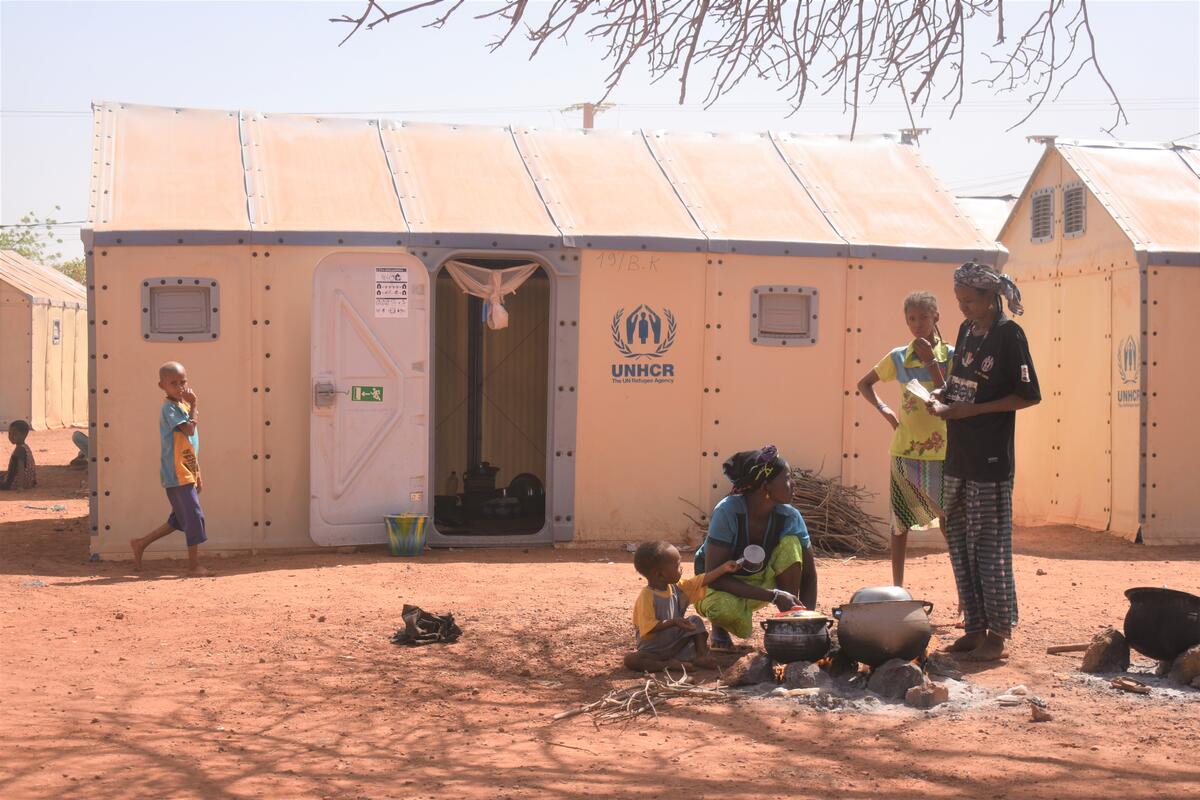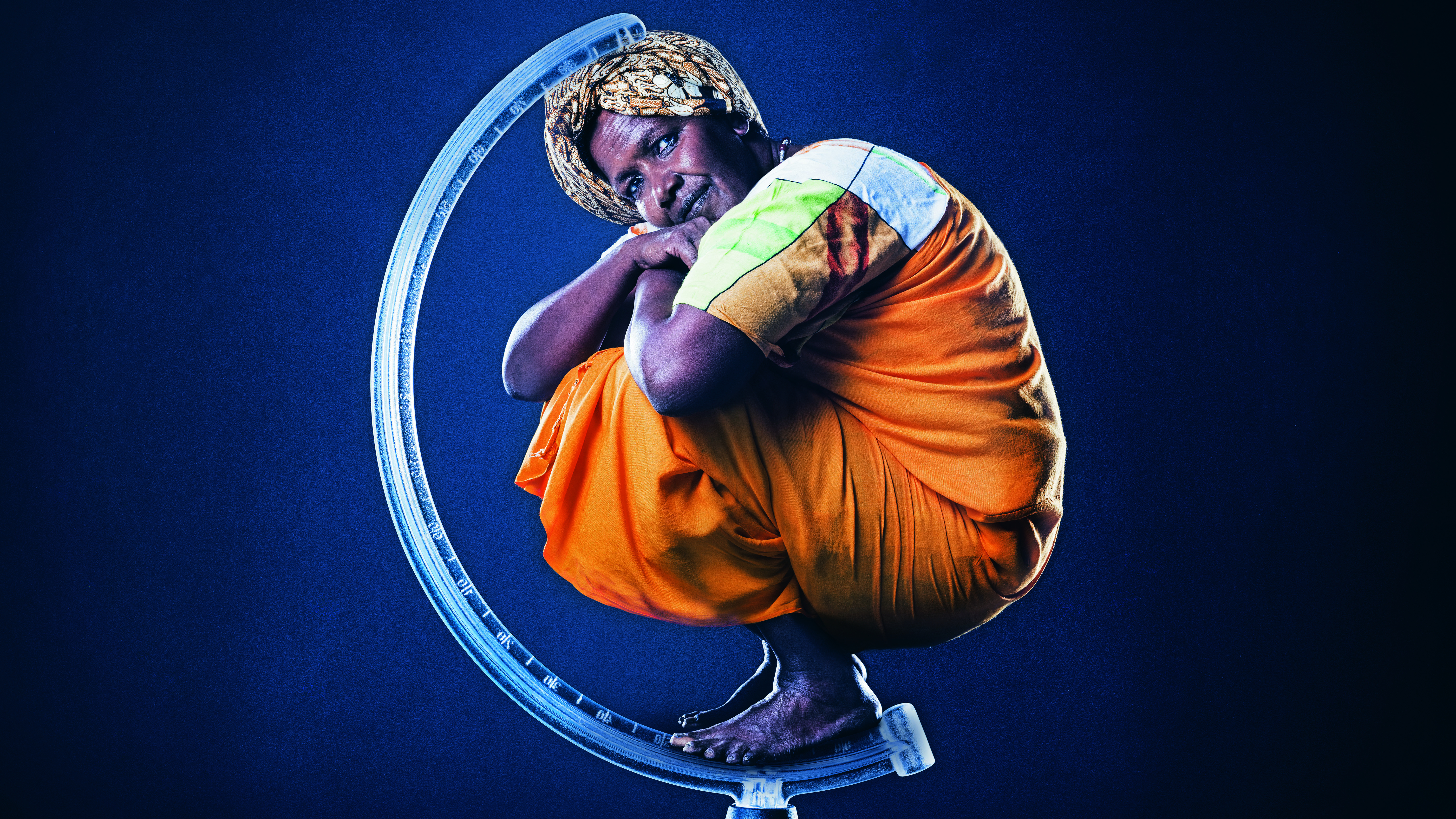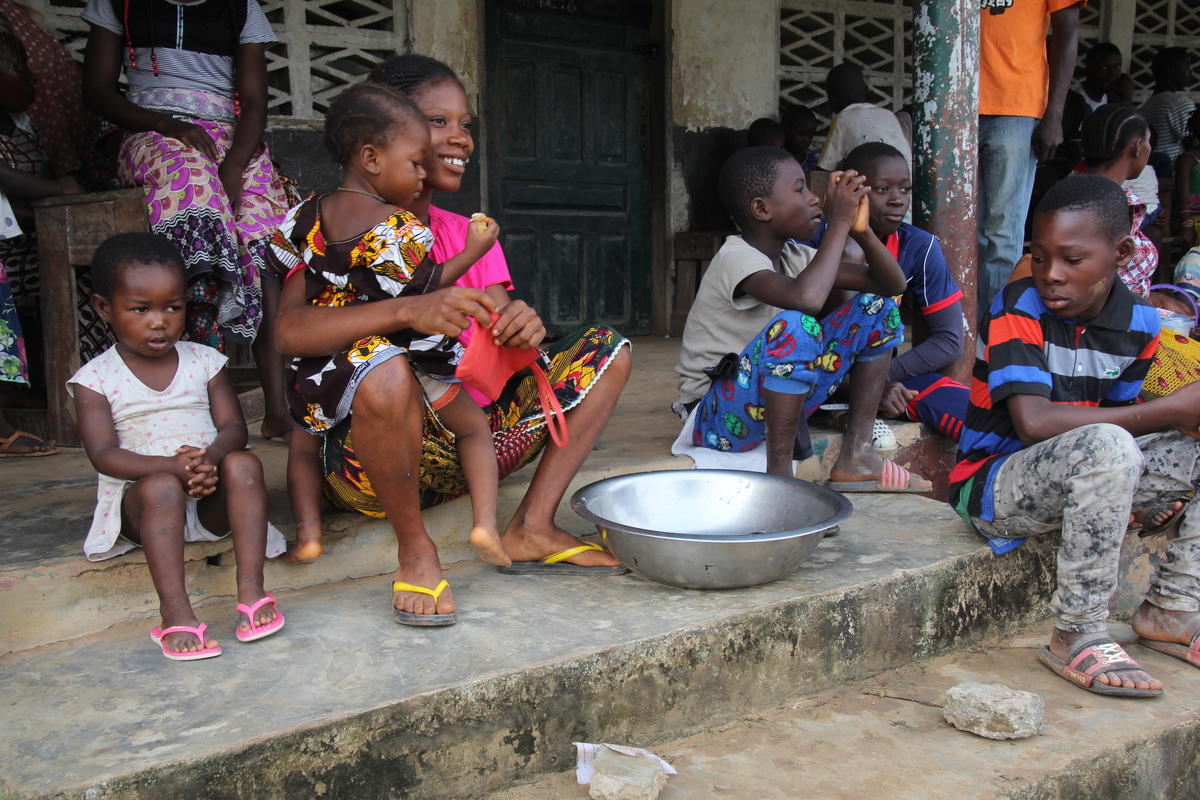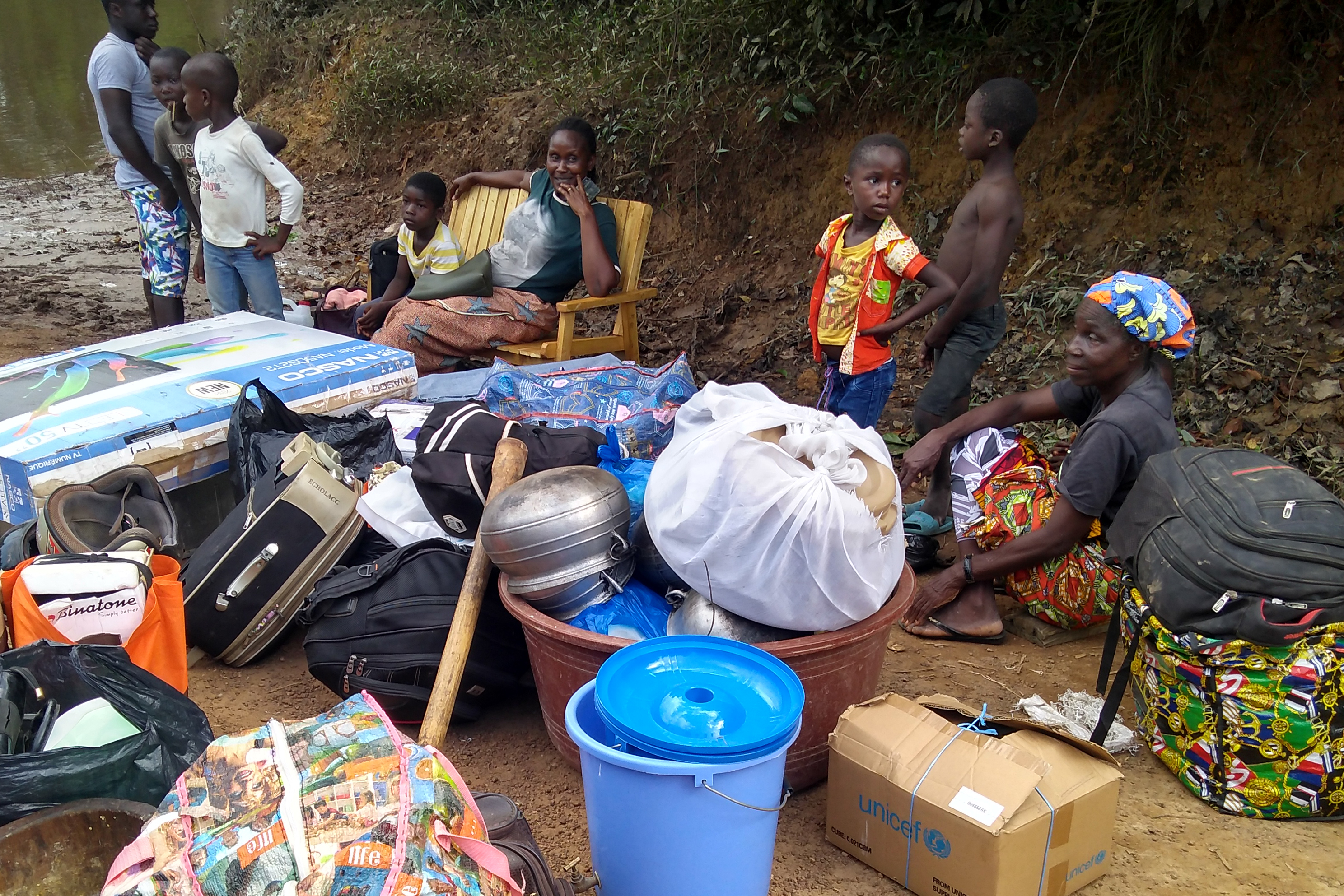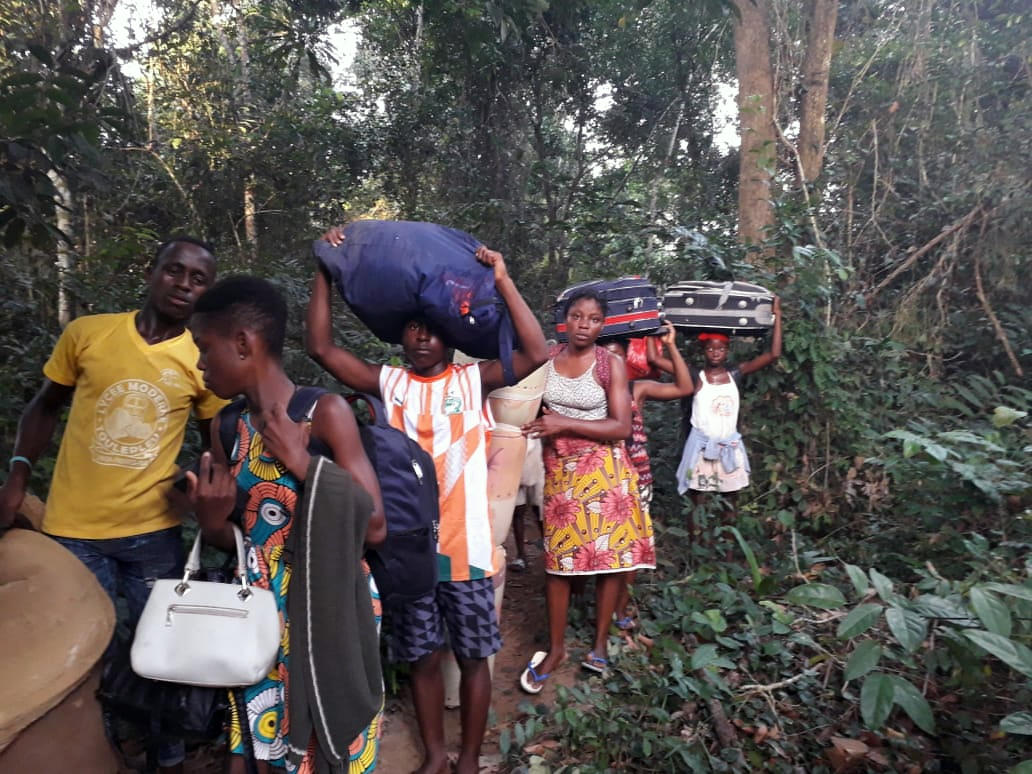Refugee numbers fleeing Togo slow
Refugee numbers fleeing Togo slow
The number of Togolese fleeing to Benin and Ghana because of general insecurity in their homeland has slowed sharply over the last two days. A combined total of some 22,600 refugees have now been registered in the two countries since the outflow began in late April following Togo's elections.
The major border crossing points were reported calm and quiet as of last night. There were 355 new arrivals yesterday (Thursday) at Hilakondji, in Benin, and 218 arrivals in Aflao, Ghana.
By yesterday, UNHCR in Ghana had recorded 10,681 Togolese refugees since 26 April, while in Benin some 12,000 refugees had been registered - this includes a single group of 321 refugees who arrived in Benin's capital, Cotonou. We are currently verifying that this group had not previously been registered at Hilakondji. These refugees told UNHCR they intend to stay with relatives, but they needed some assistance, particularly for schooling for their children. UNHCR estimates that at least a third of the Togolese refugees in Cotonou were attending school when they fled the country. Some are preparing for exams and we will be discussing with educational authorities in Benin how best to help them.
While 67 percent of the Togolese refugees in Benin are staying with host families, nearly 3,500 others have been transferred to the camps of Come (1,344) which is now full, and Lokossa (2,146) in the south-west. An additional 300 refugees are staying at the Hilakondji border in church grounds. Lokossa camp, built on a 40-acre site surrounded by palm trees, is being cleared and levelled to make room for up to 5,000 refugees. The site could be extended further if necessary. Some 600 refugees are staying with relatives in Cotonou.
A convoy of eight UNHCR trucks carrying supplies for up to 5,000 people arrived in Benin from Ghana on Wednesday and was being unloaded yesterday at a warehouse in Lokossa, near the camp. The aid supplies, from UNHCR's regional warehouse in Ghana, included tents, blankets, plastic sheeting, mats, jerry cans, kitchen sets and soap.
The World Food Programme has provided each of the two camps with two metric tons of maize, a metric tonne of beans and the same quantity of oil. The food is being distributed and now most refugees can cook their own meals for the first time since they arrived in Benin.
Improvements in the camps are continuing with the installation of more latrines, showers and additional water taps. Measures are also being taken to make recreational space for the children, who make up half of the refugee population.
UNHCR is planning to open a field office in Lokossa today (Friday) so we can better manage the sprawling camp. This will allow our staff to be posted there, instead of shuttling daily between Cotonou and the camp - a journey of 106 kms.
The government of Benin has also posted a permanent representative in Come who will be responsible for camp management, including security issues, which have been a concern of some refugees. They fear the camp's proximity to Togo could make them vulnerable.
In Ghana, virtually all refugees have found shelter and basic assistance from family and friends.


